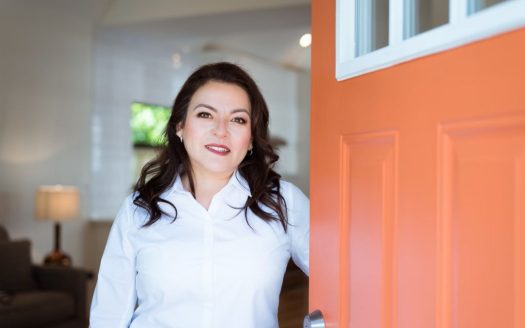Frequently Ask Questions
The home-buying process typically involves the following steps: getting pre-approved for a mortgage, hiring a real estate agent, searching for properties, making an offer, negotiating terms, conducting inspections, finalizing financing, and closing the deal. Each step may vary, so it’s essential to work closely with professionals who can guide you through the process.
To sell your property quickly and at the best price, consider the following tips: price it competitively based on market conditions, enhance curb appeal, stage the interior, highlight the property’s unique features, market it effectively through professional photography and online listings, and work with an experienced real estate agent who can attract qualified buyers and negotiate on your behalf.
The decision to rent or buy depends on various factors such as your financial situation, long-term goals, and personal preferences. Renting offers flexibility and lower upfront costs, while buying provides stability and potential investment value. Assess your needs and consult with a real estate professional to make an informed decision
To determine your budget, evaluate your current income, expenses, and savings. Consider your monthly mortgage payment, down payment amount, closing costs, and ongoing homeownership expenses. Consulting with a financial advisor or mortgage lender can help you establish a realistic budget that aligns with your financial goals.
Choosing the right neighborhood depends on your lifestyle, preferences, and priorities. Consider factors such as proximity to schools, work, amenities, safety, access to transportation, community vibe, and future development plans. Conduct thorough research, visit neighborhoods, and consult with locals or a real estate agent to gather insights and make an informed decision.
Closing costs are the fees associated with finalizing a real estate transaction. They include expenses such as loan origination fees, appraisal fees, title search fees, attorney fees, and more. The party responsible for paying the closing costs varies depending on local customs and negotiation between the buyer and seller. Typically, both parties share some of the closing costs, but specific arrangements can be negotiated as part
A home inspection is a professional examination of a property’s condition, including its structural integrity, electrical systems, plumbing, and more. It helps uncover any hidden issues or potential problems that may affect the property’s value or your safety. A thorough home inspection report can provide you with essential information to negotiate repairs, request price adjustments, or make an informed decision about the property.


